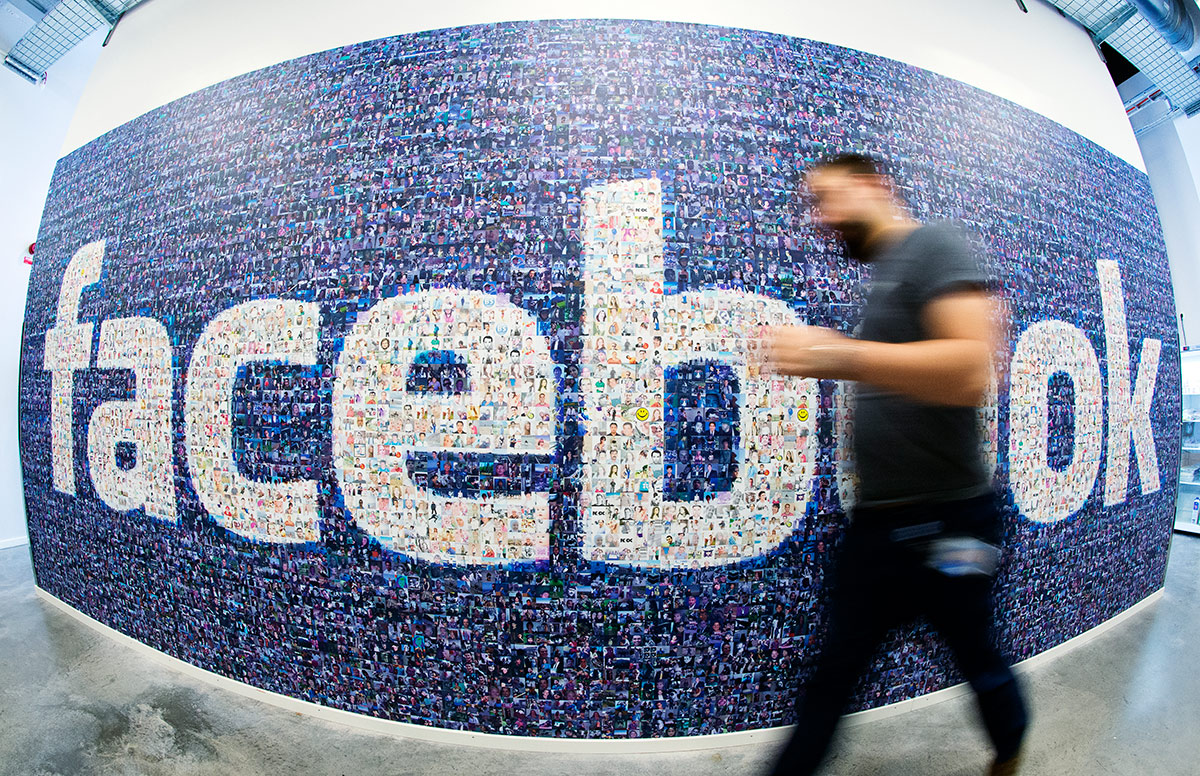Facebook recently announced that they were suspending a marketing data company called Cambridge Analytica from the social media platform. According to a report from a whistleblower, Cambridge Analytica had misused ill-gotten Facebook data to construct so-called “psychographic” models and help Trump win the 2016 election. But Wired writes that Cambridge Analytica’s data theft and targeting probably didn’t work. However, that doesn’t mean that Facebook shouldn’t be embarrassed. “Psychographics” is supposed to be a rift off “demographics” which are how marketers talk about advertising audiences. But the difference between the two is that with psychographics, the marketer attempts to capture some essential psychological state or some particular combination of values and lifestyle, that imply an inherent liking of the product in question. Cambridge Analytica trained a predictive model that guessed what sort of Likes or Facebook profile data their targeted political archetypes possessed, writes Wired. What Cambridge did was figure out a test set of people who were likely to vote for Trump, and then figured out how to create a set of profile data the Trump campaign could use to target people like the test set on Facebook.
Thanks for reading InsideHook. Sign up for our daily newsletter and be in the know.


















